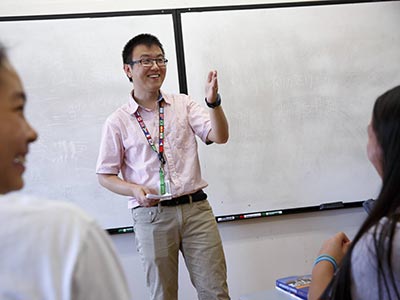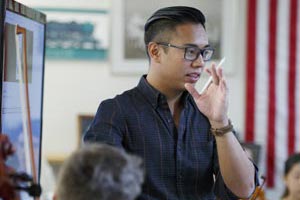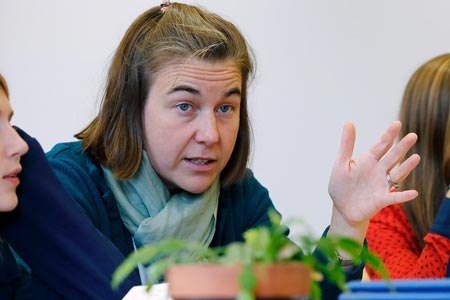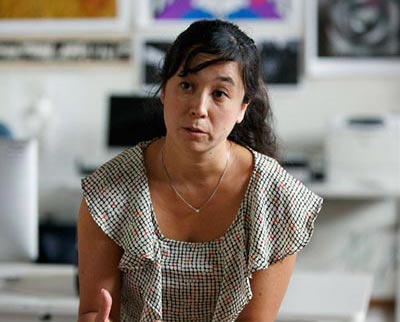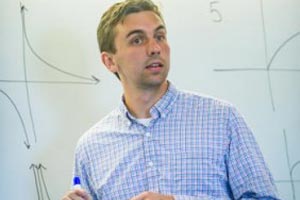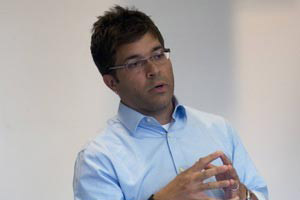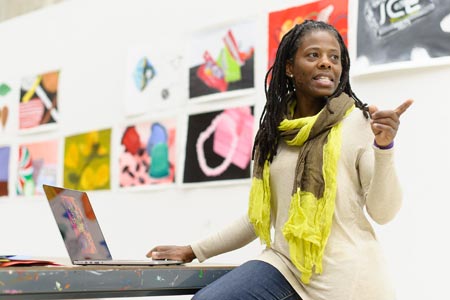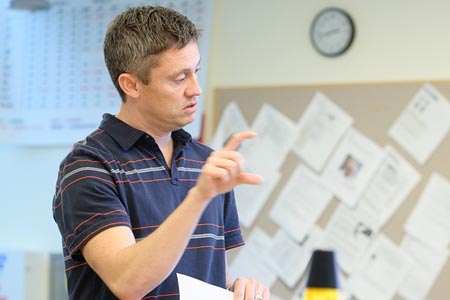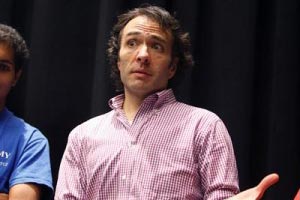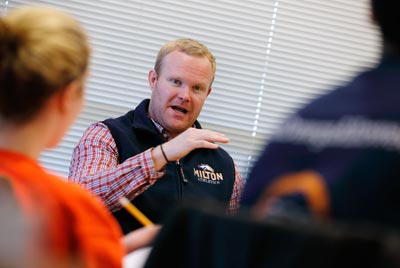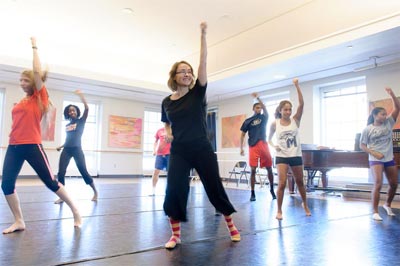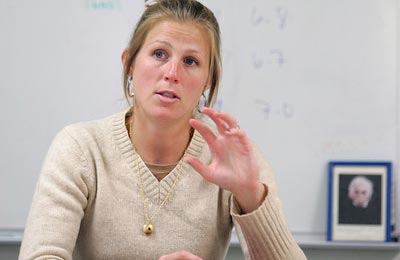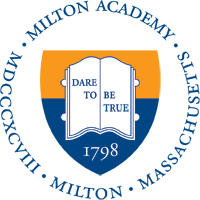Michael Lou, History and Social Sciences
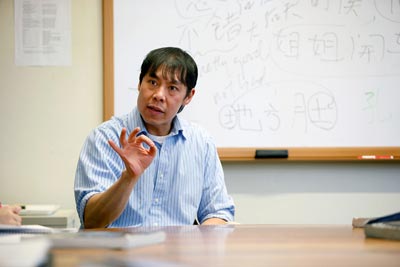 Michael Lou immerses himself in teaching his classes so thoroughly that sometimes a student needs to remind him gently that the time has come for them to move on to the next class.
Michael Lou immerses himself in teaching his classes so thoroughly that sometimes a student needs to remind him gently that the time has come for them to move on to the next class.
“Sometimes I don’t know where the time has gone,” laughs Michael. “I can forget the time because I enjoy being in the presence of all these young minds who are so curious about the subject matter.”
Michael was born in Rangoon, Burma after his parents fled the Japanese invasion of Shanghai. His grandfather, who helped raise him, piqued Michael’s interest in history with stories about China’s past. When Michael was young The family relocated to Boston for educational opportunities. After attending Middlesex and Brown University, Michael was working in fund management when he decided to earn a master’s in history at Harvard. His thesis was on modern Chinese military strategies.
Now in his 17th year at Milton, Michael first came to the School on an internship program to teach Chinese in the modern languages department. After guest teaching a few history classes, he eventually moved to the history department faculty.
“What I find attractive about the students here is that they absolutely love to learn,” says Michael. “They are most well served when I can bring passion and my own love of the subject to the table. They are very open to that contagion of enthusiastic learning. That makes being a teacher here a privilege more than a daily chore. I tell my students that this job will keep me young forever because when I wake up in the morning I look forward to coming to work and enjoy that time in the classroom.”
Michaels teaches Modern World IV for Class IV, and all levels of U.S. in the Modern World I and II. He also teaches Ancient Civilizations and offers a senior elective in Modern Chinese History.
“If I had to choose a favorite class, I would have to say I really enjoy the freshman. I’ve never encountered a freshman class that I didn’t adore. That year is a special one and the students fill me with that happy sense of hope. They are like sponges; they work hard to show you that they hear what you say, and they also want to speak up too. They might not yet have all the vocabulary to speak in an articulate way about history, but that is why I’m here, to help them with that.”
Occasionally, Michael teaches a Chinese language class. He reads Chinese in both the simplified and full form and follows Chinese commentators, thinkers and analysts to gather views and analysis from different standpoints.
“Understanding many perspectives and having the ability to read, see and understand these perspectives is important for a teacher. My answers to student questions need to be more global than one-sided.”
